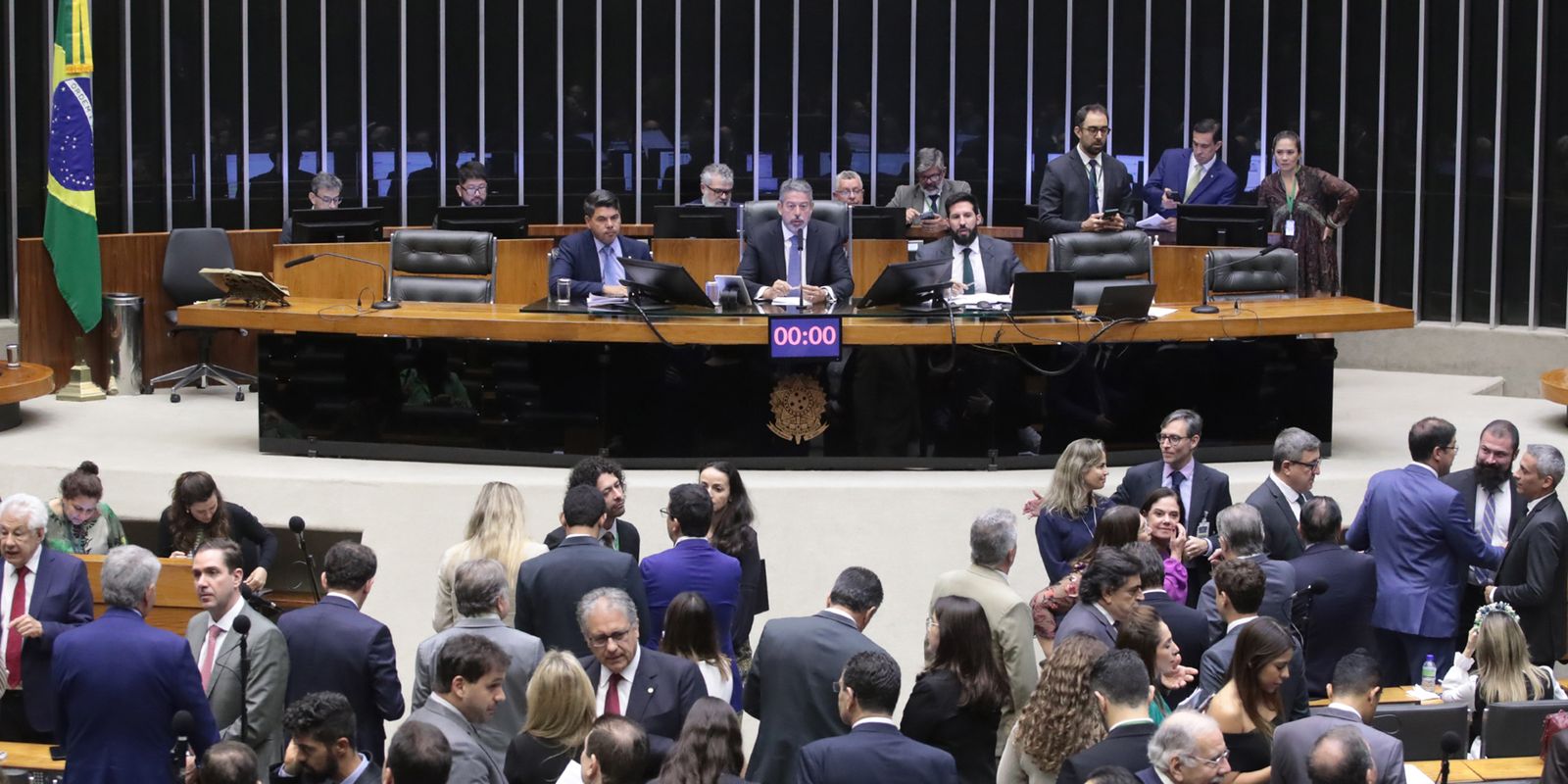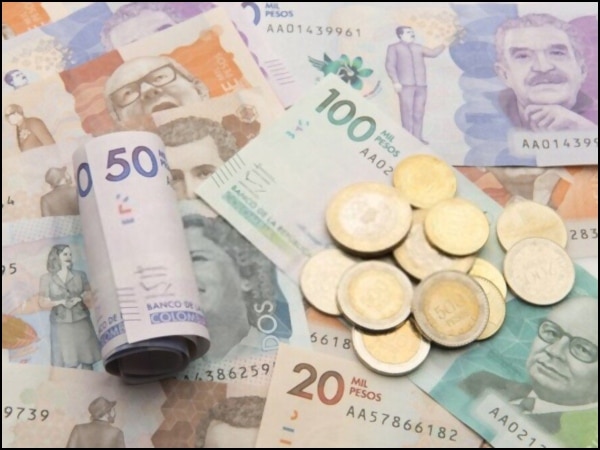By 324 votes in favor, 123 against and 3 abstentions, the Chamber of Deputies approved the complementary bill that regulates the tax reform on consumption. The proposal required an absolute majority. Then, the deputies overturned the Senate’s changes with 328 against, 18 in favor (maintaining the changes) and 7 abstentions.
With approval, the complementary bill can be sent for approval by President Luiz Inácio Lula da Silva. Now, items such as cashback (partial tax refund for the poorest), reduced taxes on real estate and a tax-free national basic food basket could become a complementary law.
The rapporteur of the text, deputy Reginaldo Lopes (PT-MG), read the report on Monday (16) night. The discussions concluded around 10pm, but the president of the Chamber of Deputies, Arthur Lira, transferred the vote to this Tuesday, to have a higher quorum.
Lopes’ opinion removes the main points changed in the Senate, such as the removal of sugary drinks from the Selective Tax (tax charged on products that harm health or the environment) and the 60% reduction in the rate for sanitation and water services and veterinary. The text also removed the possibility of tax substitution for the future Value Added Tax (VAT) and resumed the lists of specific active ingredients for medicines exempt or with a rate reduced by 60%.
The version approved by the Senate had abolished the lists and established exemption and reduction in rates based on diseases and the functions of medicines. According to Lopes, the changes will make the standard VAT rate fall to 27.84%, compared to the 28.55% rate in the version approved by the Senate, the largest on the planet for this type of taxsurpassing Hungary.
In the case of services, Lopes’ opinion creates a 30% reduction in the rate on veterinary services, which had come out of the Senate with a 60% reduction. The text removes the 60% reduction from the following types of services: information and cyber security; aggregated complementary educational activities, such as sports, recreational and foreign language education.
The text also removed the reduction in the rate of mineral water and biscuits and biscuits for popular consumption. Commercial representatives no longer have a tax rate reduced by 30%.
In relation to tax substitution, the text approved by the Senate allowed the institution of VAT collection, as desired by the Executive Branch, in the first link of the production chain, as currently occurs with the Tax on the Circulation of Goods and Services (ICMS) on smoking and drinks. This way, the industry would be responsible for collecting the tax in advance, on behalf of other links in the chain, such as commerce. Instituted in the 2000s, tax substitution is seen as a way to reduce tax evasion.
Medicines
In relation to medicines, the rapporteur reiterated the text approved by the Chamber. The Senate had replaced the list of active ingredients with zero VAT rate with the exemption for medicines intended for the treatment of cancer, rare diseases, Sexually Transmitted Diseases (STD, term used in the project), AIDS, neglected diseases (which affect poorer populations) .
The Senate text had also exempted vaccines, serums and medicines for controlling diabetes mellitus, without specifying the active ingredient. The report removed the zero rate on medicines sold through the Popular Pharmacy Program.
The Chamber also rejected the application of the 60% rate applied exclusively to medicines manufactured or imported by companies that have signed a commitment to adjust their conduct with the Union and the Goods and Services Tax Management Committee (IBS, future state and municipal tax) or that follow guidelines from the Medicines Market Regulation Chamber (Cmed).
The deputies also excluded the section that provided for the sending of a Complementary Law with a comprehensive list of medicines that will have a zero rate.
Selective Tax
In addition to reinstituting the Selective Tax on sugary drinks, the text approved by the Chamber reestablished the list of five criteria for vehicle tax rates, to be established via ordinary law. The Selective Tax will be charged gradually according to power, technological density (degree of modernization), the completion of manufacturing stages in the country and the vehicle category.
Lopes’ opinion also overturned a Senate amendment that allowed the Selective Tax rate to be reduced by up to 25% if companies take actions to reduce damage to health or the environment.















